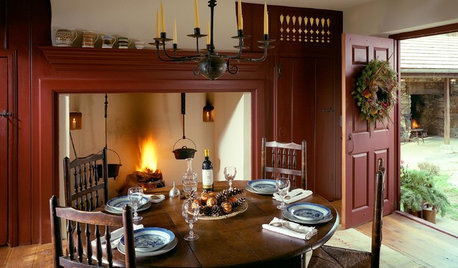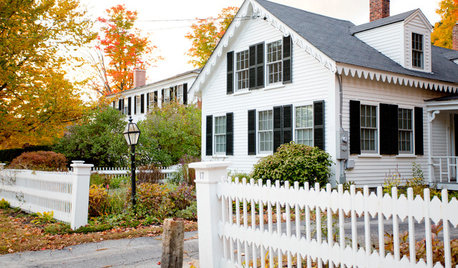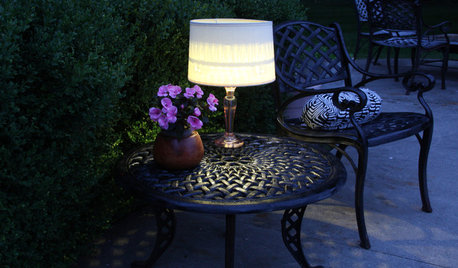November: Longer Nights More Reading
veer
9 years ago
Related Stories

MONTHLY HOME CHECKLISTSTo-Dos: Your November Home Checklist
Give your home a festive holiday air without running out of steam, and stay safe and snug as temperatures drop
Full Story
BEDROOMSThe Right Mattress: The Secret to a Great Night’s Sleep
We spend a third of our lives asleep, so investing in a quality mattress is essential. Check out this expert advice to help you choose yours
Full Story
GARDENING GUIDESPacific Northwest Gardener's November Checklist
Set a festive mood with a container garden while preserving and protecting your landscape and water features
Full Story
MONTHLY HOME CHECKLISTSTo-Dos: Your November Home Checklist
Winterize your home and yard, and make a game plan for the holidays
Full Story
MONTHLY HOME CHECKLISTSNovember Checklist for a Smooth-Running Home
Prep for holiday entertaining and the onslaught of winter to enjoy a healthy home and a relaxed mood
Full Story
COLORBedroom Color: The Secret to More Sex and More Sleep
Look to surprising revelations about bedroom wall colors to get more of what you want
Full Story
DECORATING GUIDESMore Is More: The 10 Tenets of Maximalist Style
Ready to join the school of over-the-top design? Learn how to embrace excess in your interiors
Full Story
GARDENING AND LANDSCAPING10 Ideas for Decorating Your Summer Porch
Watch the world go by from a porch decked out with comfy furniture and inspiring accessories
Full Story
LIFE10 Things Night Owls Know to Be True
Love being up while the world slumbers? Prefer a really late bedtime to an early night? These observations on night owl life may ring true
Full Story
DIY PROJECTSLight Up Your Night With an Easy Outdoor Table Lamp
Hit up Goodwill and the hardware store to make this lamp for a deck or poolside patio in minutes
Full StorySponsored
Leading Interior Designers in Columbus, Ohio & Ponte Vedra, Florida



yoyobon_gw
frances_md
Related Discussions
November Reading
Q
What are we reading in November?
Q
November is here: What are you reading this month?
Q
What are we reading - November 2019
Q
friedag
merryworld
martin_z
carolyn_ky
merryworld
woodnymph2_gw
lemonhead101
carolyn_ky
rosefolly
veerOriginal Author
woodnymph2_gw
rouan
sheriz6
rosefolly
friedag
veerOriginal Author
annpan
veerOriginal Author
annpan
woodnymph2_gw
veerOriginal Author
carolyn_ky
annpan
woodnymph2_gw
lemonhead101
woodnymph2_gw
lemonhead101
annpan
carolyn_ky
timallan
veerOriginal Author
woodnymph2_gw
lemonhead101
annpan
sheriz6
kathy_t
rouan
woodnymph2_gw
kathy_t
veerOriginal Author
veerOriginal Author
kathy_t
woodnymph2_gw
annpan
J C
carolyn_ky
annpan
veerOriginal Author